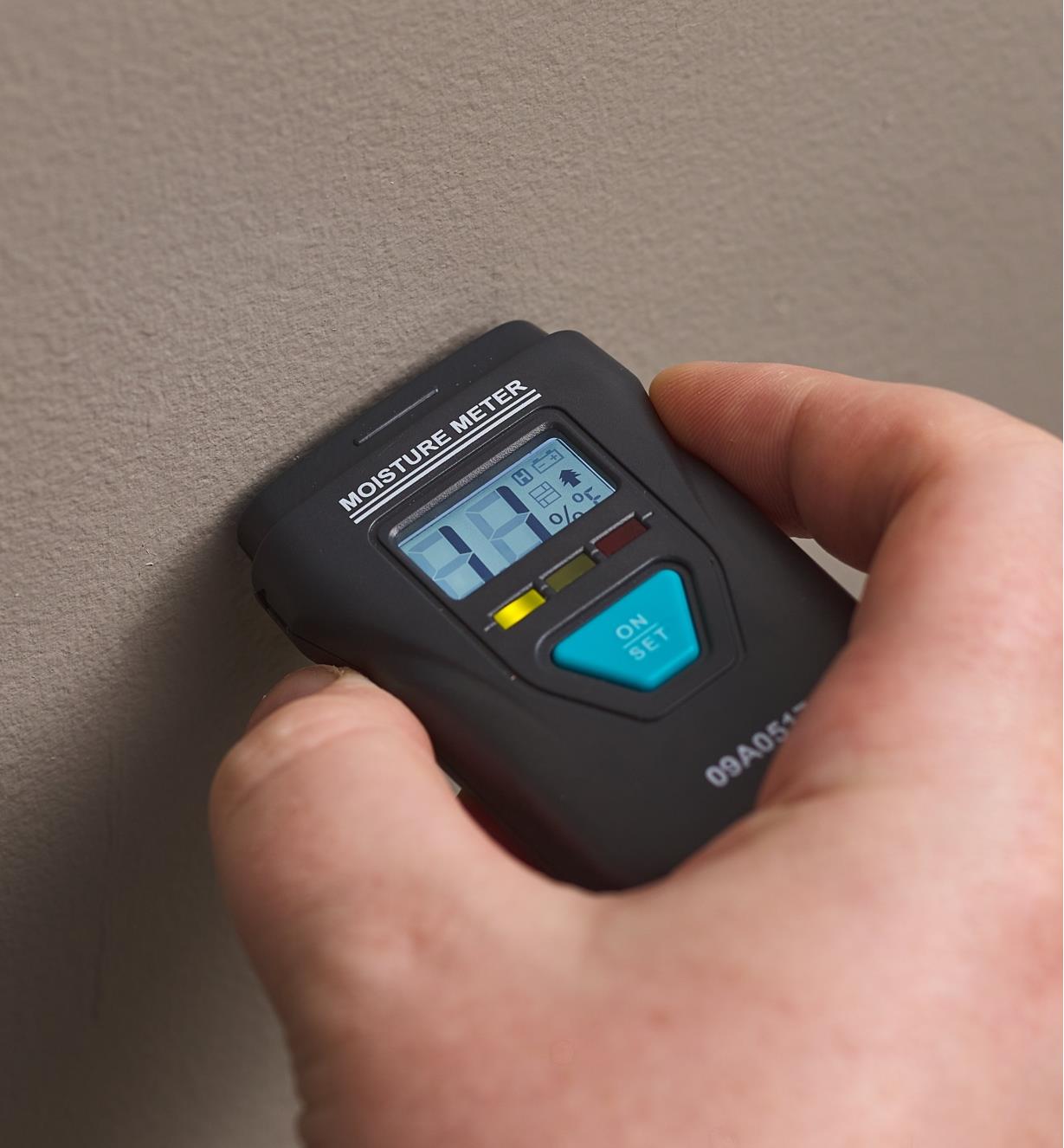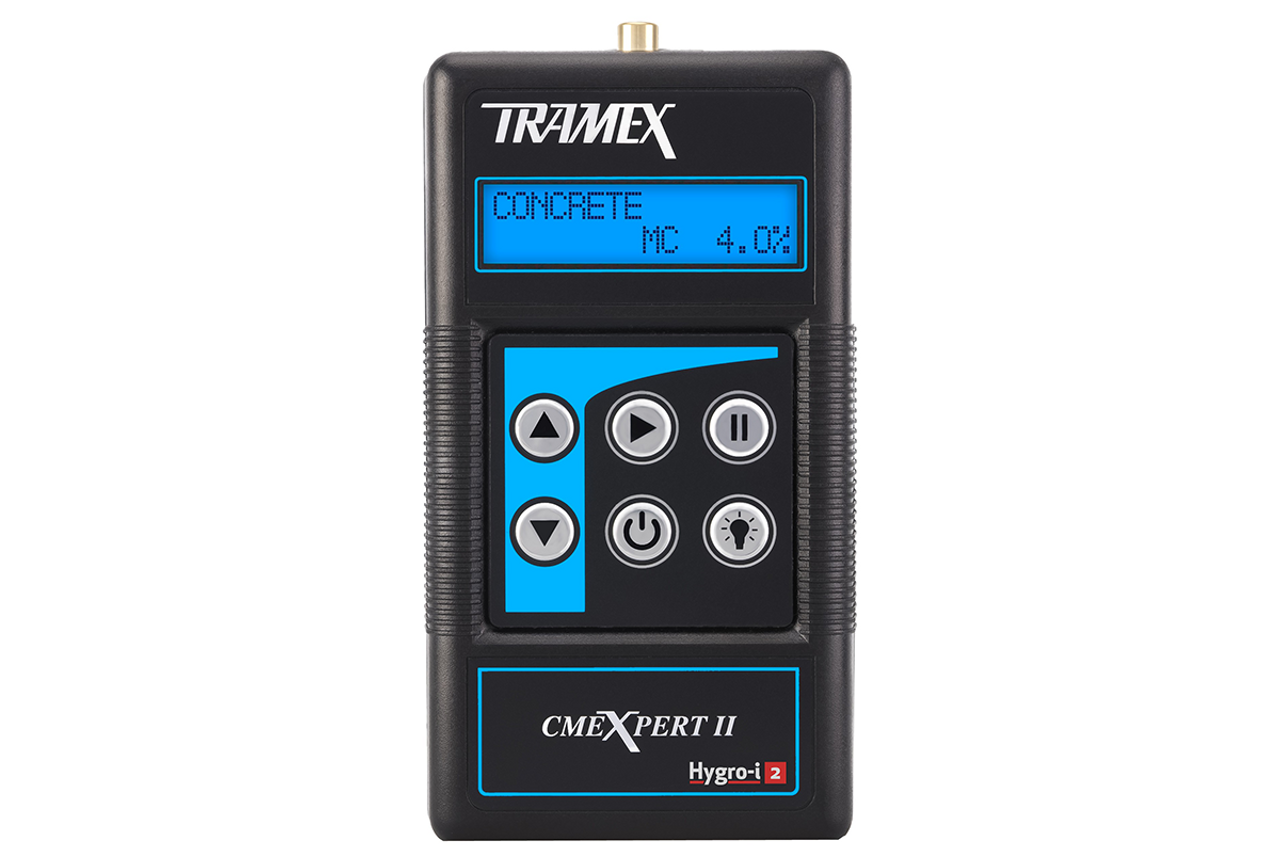Comprehending the Various Kinds Of Moisture Meters and Their Applications
Comprehending the Various Kinds Of Moisture Meters and Their Applications
Blog Article
The Ultimate Overview to Moisture Meters: A Comprehensive Introduction and Exactly How They Can Save You Money
In the realm of structure maintenance, building, and different industries, the importance of accurately gauging wetness levels can not be overstated. Dampness meters offer as vital tools in discovering and monitoring moisture web content in products, aiding in preventing expensive damages and guaranteeing the quality of items. Understanding the subtleties of different sorts of dampness meters, their applications, and the prospective cost-saving advantages they use can be a game-changer for experts and companies alike. Uncovering exactly how these devices can not just enhance processes yet likewise add to monetary cost savings is a journey worth starting.
Kinds Of Moisture Meters
Various types of dampness meters are offered for various applications in various sectors. One common kind is the pin-type dampness meter, which determines the electrical resistance between two pins put into a product. This kind appropriates for timber, drywall, and other structure products. Pinless moisture meters, on the other hand, usage electro-magnetic sensor plates to check a bigger area without triggering damages to the product's surface. These meters are excellent for quickly examining dampness levels in big locations such as wall surfaces and floorings.
Infrared dampness meters determine the thermal residential properties of a product to identify its moisture content non-invasively, making them helpful for applications where pin or pinless meters may not be suitable. Recognizing the various types of moisture meters available can help industries select the most suitable device for their details wetness measurement needs.

Advantages of Utilizing Moisture Meters

In addition, utilizing dampness meters can lead to enhanced power effectiveness. In agricultural settings, moisture meters play a crucial role in maximizing plant returns by allowing farmers to keep track of dirt dampness levels and make informed watering choices.
Exactly How to Choose the Right Moisture Meter
Picking the ideal wetness meter involves considering vital aspects such as material compatibility, measurement array, and calibration precision. When selecting a moisture meter, it's vital to make certain that the meter is appropriate for the certain material you will certainly be testing. Various materials have differing electrical buildings that can influence wetness analyses, so choosing a meter designed for your product is essential for exact outcomes. Additionally, take into consideration the measurement array of the wetness meter. Make certain that the meter can identify wetness levels within the array required for your applications. Calibration precision is one more essential aspect to bear in mind (Moisture Meter). Select a dampness meter with reliable calibration to make sure consistent and exact analyses. Some meters may need periodic calibration modifications, so recognizing the calibration process is vital. By thoroughly examining these factors, you can select a wetness meter that fulfills your needs and gives accurate moisture measurements for your tasks.
Proper Methods for Moisture Meter Use
To ensure precise dampness analyses and optimize the performance of a moisture meter, employing appropriate strategies is essential. When using a pin-type wetness meter, place the pins or probes right into the product being tested until they make full get in touch with. Make sure the pins are vertical to the surface area to get the most specific analysis. For pinless wetness meters, hold the tool level versus the material and move it slowly to cover the entire area for an ordinary reading. It's vital to adjust the dampness meter according to the product being checked to improve accuracy. Take multiple readings across the surface area and ordinary them out for an extra dependable result. Additionally, make sure that the product being find more information checked is accommodated to the setting to protect against manipulated analyses. Normal upkeep of the wetness meter, such as cleaning up the pins or sensor, is also essential to make certain constant and accurate analyses. By following these proper strategies, users can rely on their dampness meter to supply credible moisture degrees, helping in protecting against pricey damages or guaranteeing quality in numerous applications.

Expense Savings Via Moisture Meter Applications
How can web link the critical usage of dampness meters result in substantial cost financial savings throughout different sectors? Moisture meters play a vital role in expense financial savings by avoiding potential damages and ensuring high quality control in various industries. In the farming sector, moisture meters help in figuring out the ideal time for gathering plants, preventing over-drying or excess dampness that can affect the last item's quality. This accurate surveillance aids farmers avoid unnecessary losses and optimize their return.

Additionally, in the food processing industry, wetness meters are crucial for monitoring product quality and ensuring compliance with safety regulations. By accurately measuring moisture content in foodstuff, manufacturers can prevent perishing, keep quality, and minimize waste, leading to substantial expense savings. In general, the tactical application of moisture meters is a beneficial financial investment that can cause considerable cost reductions and enhanced efficiency throughout various industries.
Verdict
Finally, dampness meters are useful tools for gauging and finding wetness levels in numerous materials. By utilizing the right dampness meter and complying with proper strategies, individuals can effectively stop expensive damages brought on by excess wetness. Purchasing a high quality moisture meter can cause significant price savings over time by recognizing prospective concerns early and enabling great post to read timely removal. Eventually, dampness meters are crucial instruments for maintaining the honesty and longevity of frameworks and products.
Wetness meters offer as essential tools in finding and keeping track of moisture material in products, aiding in avoiding expensive problems and making certain the top quality of products. Infrared moisture meters measure the thermal buildings of a material to identify its wetness material non-invasively, making them beneficial for applications where pin or pinless meters might not be ideal.Dampness meters supply invaluable advantages in precisely checking and analyzing dampness degrees in varied materials and atmospheres. In agricultural settings, wetness meters play an important function in enhancing crop yields by enabling farmers to check dirt wetness levels and make educated watering choices.In conclusion, moisture meters are valuable devices for gauging and finding wetness levels in various products.
Report this page